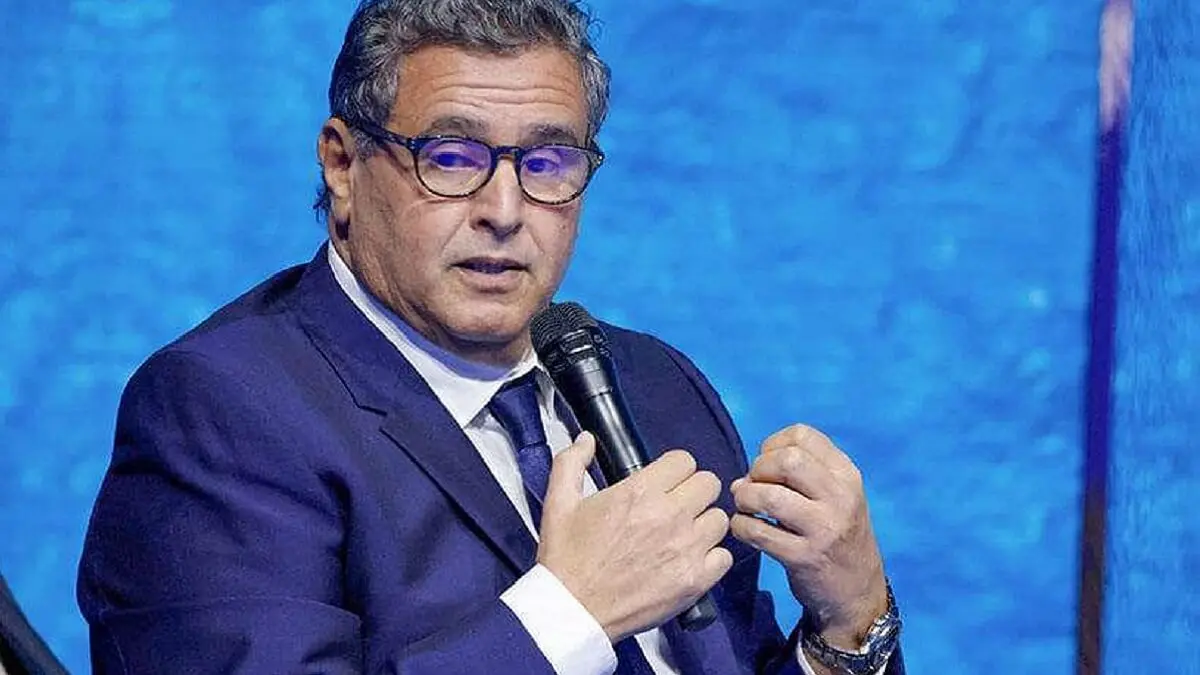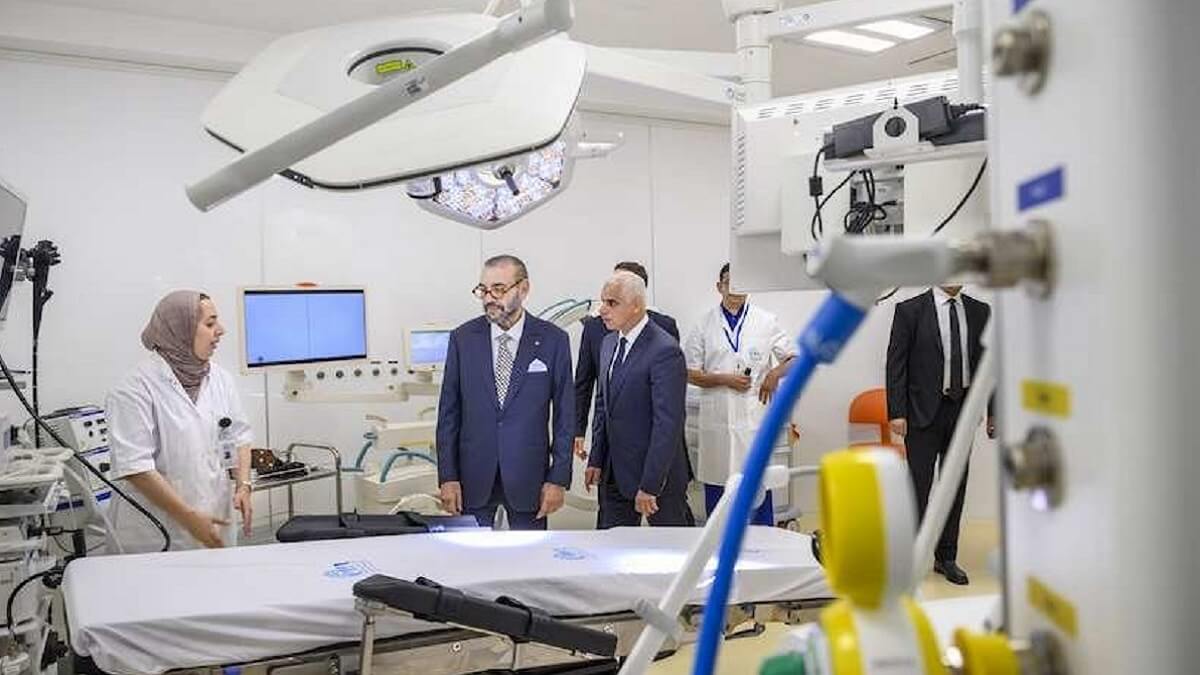Morocco prepares an unprecedented health stockpile

The consequences of the pandemic have marked the health policies of many governments, including that led by Prime Minister Aziz Akhannouch, who are looking for preventive measures in the face of future catastrophes. The universalisation of social protection is the first step towards strengthening the pillars of the social state. At the convenience of King Mohamed VI, the Moroccan administration will establish the guidelines for the production and creation of a logistical system that will enable the Alawi kingdom to respond to citizens in the event of health crises.
While COVID-19 has shown the most human side of people, the pain and suffering that has touched the hearts of all has provided governments with enough learning to, in Akhannouch's words, "establish a manufacturing system that guarantees the provision of strategic reserves in the field of health, providing vaccines to Moroccan citizens and sister African countries within the framework of South-South cooperation".
Akhannouch affirmed that the Kingdom, under King Mohammed VI, has worked to create effective public policies, as he stated at the 76th session of the World Health Assembly, which opened in Geneva. In a session attended by several heads of government, he said during his video address that the government has prioritised the health sector and that a radical reform of the health system has been implemented to keep pace with the great workshops that the country has opened, symbolised by the achievement of universal health coverage for all Moroccans under the leadership of King Mohammed VI since the 1970s.

The government has created a plan to increase the ratio of health professionals from 17.4 per 10,000 residents, 24 in 2025, to 45 in 2030 for these workshops to be successful, and to reach the levels recommended by the World Health Organisation (WHO). This trend, according to the Prime Minister, also included increasing the budget allocated to the medical field, increasing doctors' salaries, renovating clinics and hospitals and beginning the digitalisation of the sector.
The theme of the 76th World Health Assembly, "Saving lives and promoting health for all, will run from 21-30 May". The World Health Assembly, the WHO's decision-making body, is responsible for defining the organisation's policies, selecting the Director-General, regulating financial practices and reviewing and approving proposed programme budgets.
Several strategic roundtables will be held in conjunction with the Assembly, where representatives of the World Health Assembly, partner organisations, civil society and WHO experts will discuss current and future priorities for public health problems of global importance.

The main objectives of the reforms will be to relieve the government of the burden of building, financing and managing public hospitals; and second, because the loss of this important industry would mean billions of dirhams in taxes from private clinics for the public coffers. Together, the measures will hopefully lead to a redoubling of efforts and generate both direct and indirect jobs, doubling the current number of workers in Moroccan healthcare.
Due to a lack of interest from previous governments, Morocco's health sector suffers from a number of problems including weak basic procedures and a shortage of medical staff. As a result, the new government is expected to implement significant reforms in this sector. The current administration is working hard to manage the nation's crisis and find practical public policies to reform many important sectors of the economy, particularly education and health.








